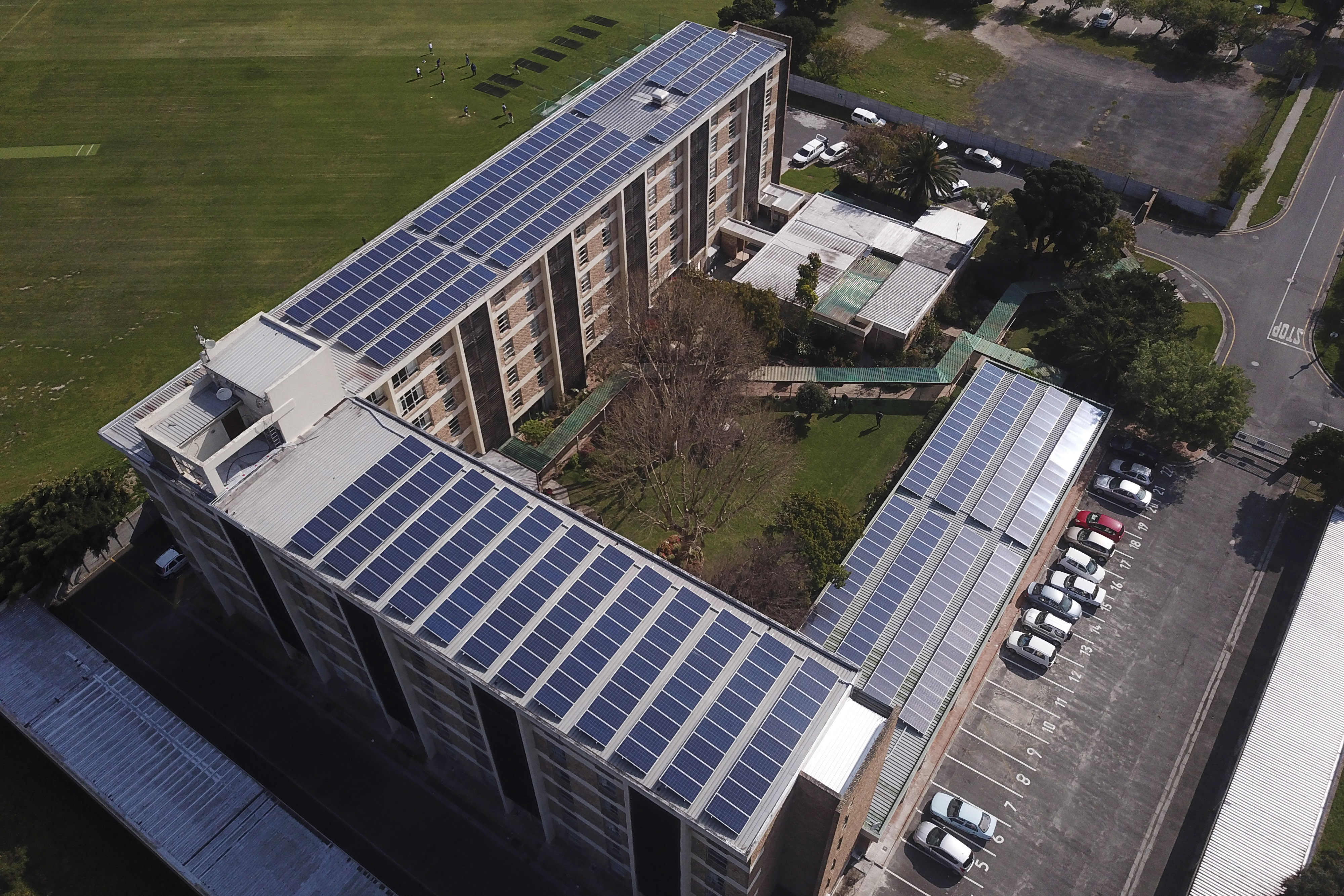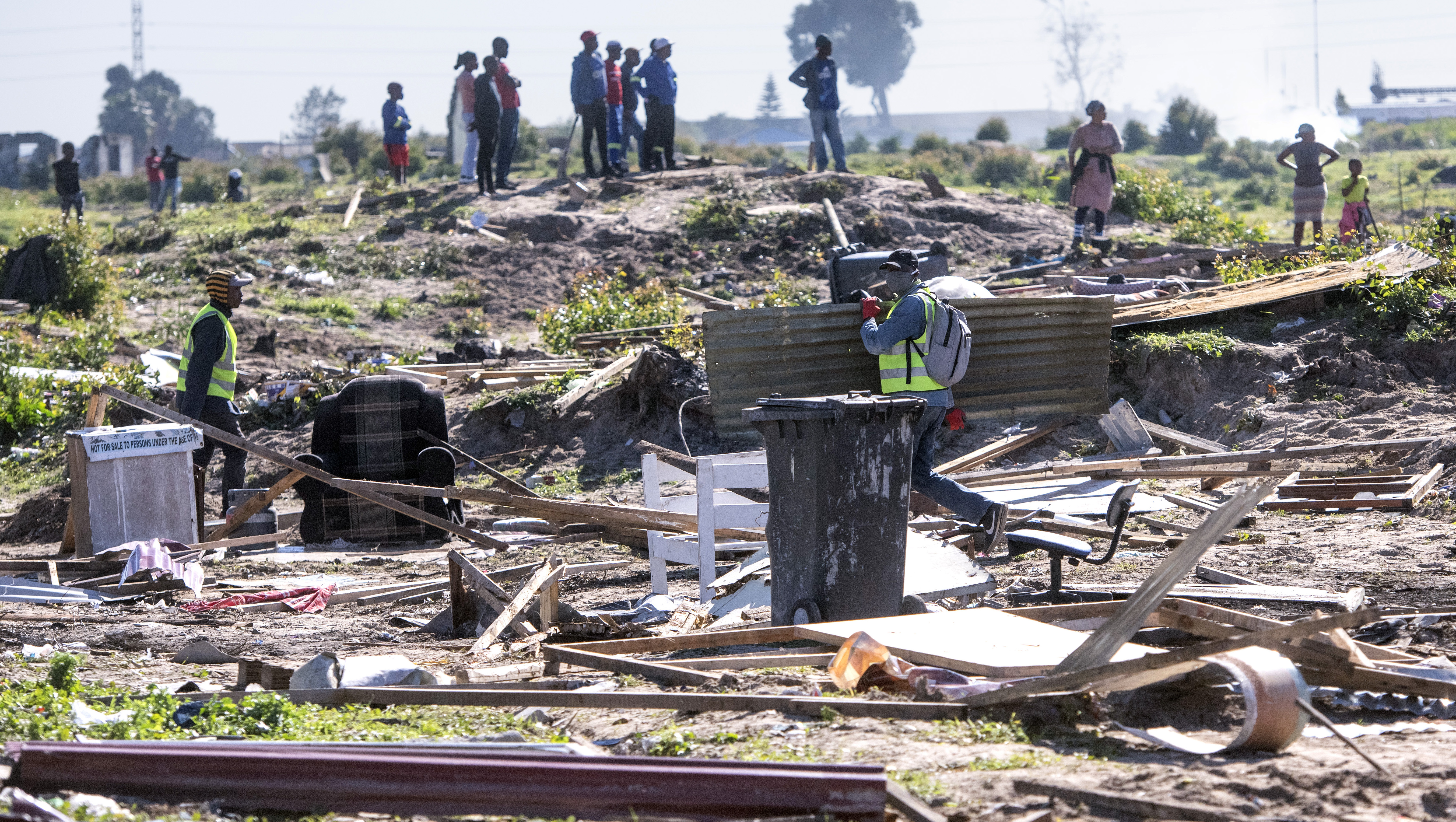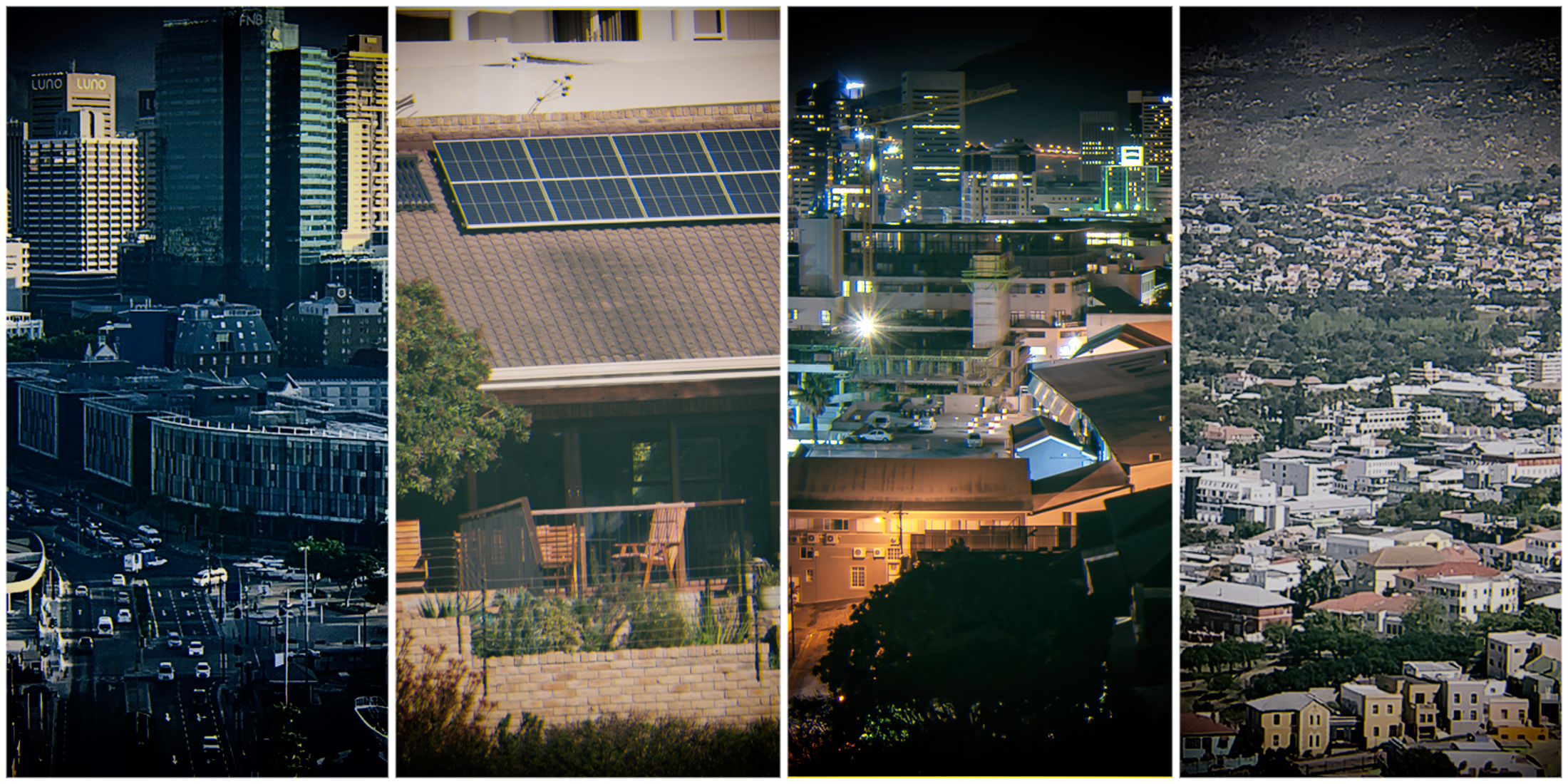With all of the recent movements at the local government level and the proximity of next year’s national and provincial elections, certain parties may now want to start campaigning on their track records in councils. This issue is likely to resonate strongly with voters — it is entirely rational to assess a party’s suitability for national office based on its record in local government.
At the same time, the situation in many councils is now so bad that many voters will feel completely disillusioned with almost all of our parties. Except for the situation in the Western Cape and in particular, the City of Cape Town.
The apparent contrast between the level of services there and the collapse of services in other metros could become a major political issue ahead of next year’s polls.
Last week, the City of Joburg learnt that it had a new mayor. No one appears to expect Thapelo Amad to remain in power for long; even the ANC has referred to him as a “transitional mayor”.
In eThekwini, voting for a deputy mayor had to be postponed because the ANC and the EFF were not ready to implement a deal.
Tshwane has admitted it cannot pay Eskom what it owes and cannot recover enough revenue to pay the utility on an ongoing basis.
In Ekurhuleni, it appears that the EFF and the ANC may soon force a new mayor in through a no-confidence vote.
In Nelson Mandela Bay, there are still massive problems with water and fears that taps in a large part of Gqeberha could soon run dry.
And in Mangaung, residents complain their city is close to collapse because of infighting among members of the governing ANC, after the party recalled its mayor earlier this month.
Bucking the trend
Meanwhile, in press release after press release, the City of Cape Town is apparently making progress.
 Solar panels installed on the roof of a retirement village in Cape Town. (Photo: Guillem Sartorio / Bloomberg via Getty Images)
Solar panels installed on the roof of a retirement village in Cape Town. (Photo: Guillem Sartorio / Bloomberg via Getty Images)
Last week it announced it would be buying electricity from residents with rooftop solar installations, to add to its current mechanisms that stave off two stages of load shedding.
Residents in middle-class areas talk about how well their city works — there are anecdotes about power lines being repaired within hours, and potholes are a foreign concept.
Some mention huge construction projects, a sign that investors believe the city has a strong future. There are also some indications that it is getting a bigger share of foreign direct investment than other areas. As some companies are leaving Durban, money is flowing to Cape Town.
To listen to them is to hear a story of a city with infrastructure that works, an African city which is, in fact, world-class.
However, assessing the quality of life for a particular person or family in a particular area can be perilous.
The commentariat in South Africa is usually focused on the middle-class life experience because that is the water in which it swims. And given our racialised inequality, it may be harder to conduct an objective assessment than in other societies. Simply put, in South Africa, your individual circumstances may matter much more than where you live.
The more important question may be whether life for people in Khayelitsha is better than it is for people in Diepsloot. And even here, comparisons are very difficult.
Rolling blackouts, life expectancy and crime
For example, it is true that people in all areas of Cape Town suffer less load shedding than in other cities, and are probably likely to experience it even less in the future, if its plans to procure power from independent power producers are successful. It should be mentioned that a part of its success here is simply down to luck, as the DA cannot claim responsibility for the construction of the Steenbras hydro pump station in the 1970s.
This is an obvious difference which can be objectively assessed.
But there are also other data which can be used. For example, Statistics South Africa has confirmed that life expectancy in the Western Cape is higher than it is in other provinces. Unfortunately, the murder rate in the Western Cape is higher than in almost all other provinces too (it ties with the Eastern Cape in this regard).
But that again depends on where in Cape Town you live. Khayelitsha’s police station has a high number of murders reported every year, Claremont’s does not.
If it is true that Cape Town is doing better on important metrics than other councils, it is likely that this will continue for some time.
There will be much to ask about why it is that Cape Town appears to be making progress.
Those in its middle classes may point to its administration and the fact that it’s been run by the DA for 16 years. They may also suggest that the DA simply governs more effectively than the ANC or any other parties.
 Law enforcement officials clash with residents over land invasions in Mfuleni, Cape Town on 17 July 2020. (Photo: Gallo Images / Brenton Geach)
Law enforcement officials clash with residents over land invasions in Mfuleni, Cape Town on 17 July 2020. (Photo: Gallo Images / Brenton Geach)
Those in other parts of the city may disagree; they may point to the evictions policy followed by the city and suggest it is simply effective in keeping poor people away from the suburbs.
But the fact that there has been consistency and stability in the city must matter. If you are confident of governing in an area for a decade, you can make plans that will take 10 years to complete. The official who drew up a 10-year plan for a project would know they are likely to be there when it is finished.
And for the moment, there is no serious opposition to the DA there — it won more than 58% of the vote in the 2021 local elections. The next biggest party was the ANC with just under 19%.
Success leads to success
Over time, this will start to have an important effect: success leads to success, so if your infrastructure works, you will get more investment, and more investment leads to better performance overall, which yields yet more investment.
This can create momentum, and allow a city to “pull ahead” of other areas in a troubled country.
Meanwhile, other metros appear destined for a future of mismanagement, corruption and decay.
The lack of investment in infrastructure over many years is now having an impact on all other metros — one can feel vital infrastructure in our big metros has reached a tipping point and is on the verge of collapse.
There is also likely to be more instability in those metros over the next few years. In the short term, several may be about to change mayors again. But in the longer term, it is likely that voters will not give any single party a clear majority.
This could lead to a long period of political instability and, perhaps, make the already sharp difference between Cape Town and everyone else even more obvious.
The question still remains unanswered on whether the DA will be able to translate this apparent governance success in Cape Town into votes in other parts of the country.
Certainly, it will make claim after claim, and the city’s (and the DA’s) formidable communication machinery will be heavily involved.
But the DA’s opponents will try to focus on what they will say is the lived experience of poorer people in the city; they will claim that the administration focuses only on richer areas. They may try to move the conversation away from governance to issues around identity.
Also, it may be difficult to convince people in Mahikeng that Cape Town is a working example of how things will turn out if the ANC is kicked out. With all its obvious governance success, the DA may find it difficult to get its message to penetrate across the country.
And yet, what is clear is that the kitchen table issues around local government are receiving much more attention than in the past. Those who are seen fixing these problems may find the ANC dam finally breaking in 2024. It will require transforming this track record into a potent and well-understood political message and ensuring that this message is not successfully attacked by their opponents. Never an easy task in a country as racialised, unequal and divided as South Africa is today. DM




 Law enforcement officials clash with residents over land invasions in Mfuleni in Cape Town on 17 July 2020 in Cape Town. (Photo: Gallo Images/Brenton Geach)
Law enforcement officials clash with residents over land invasions in Mfuleni in Cape Town on 17 July 2020 in Cape Town. (Photo: Gallo Images/Brenton Geach) 